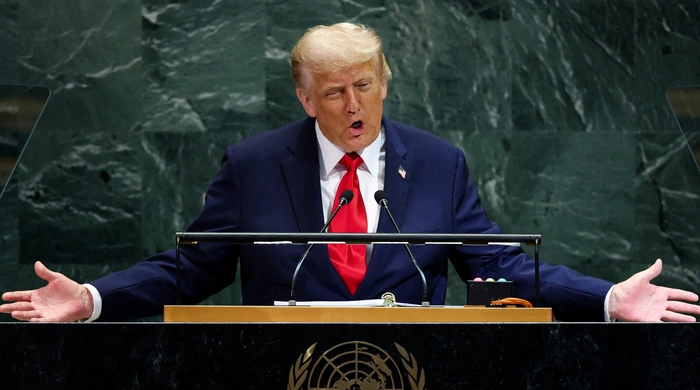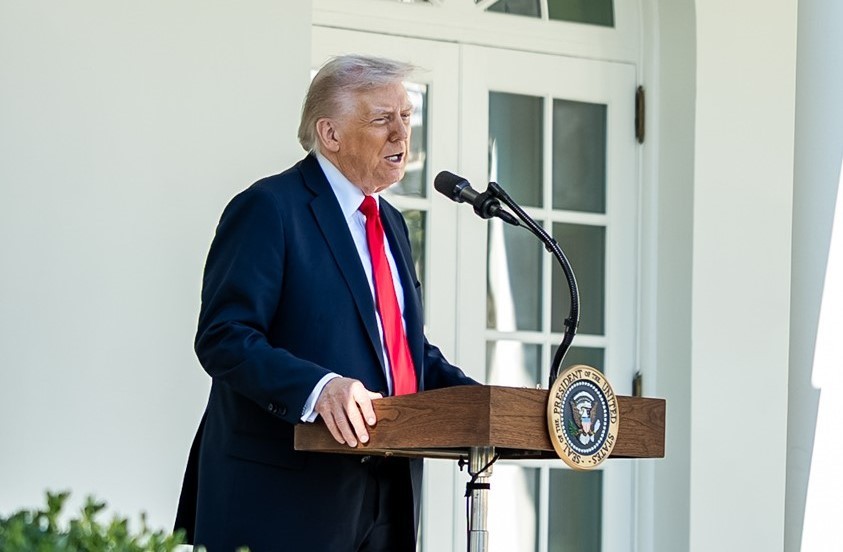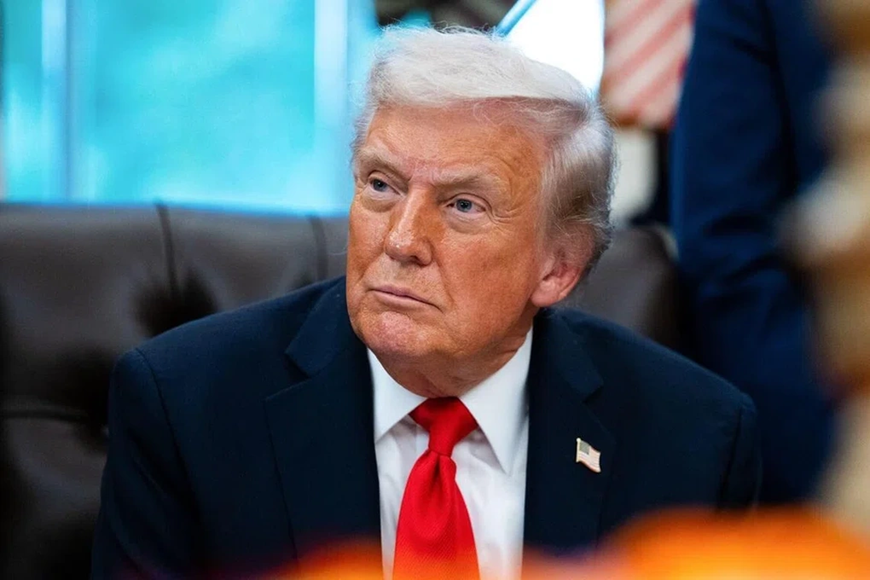Balancing Compassion and Policy

A recent proposal to ban welfare for undocumented immigrants has sparked passionate debate across the United States, reaching every corner of public discussion—from family kitchens to social media feeds and newsrooms alike. Supporters of the proposal argue that it is a necessary step toward fiscal responsibility and stronger immigration enforcement, believing that limiting access to public resources is essential to maintaining economic stability. They see the policy as a way to uphold laws and ensure fairness for citizens who rely on government assistance.

However, critics of the proposal express serious concerns about its human impact. Many point out that undocumented immigrants include parents, children, and long-term residents who contribute to their communities while seeking stability and safety. Denying welfare could harm the most vulnerable, leaving families without essential support for food, healthcare, and shelter. This perspective emphasizes that policy decisions are not just legal or financial matters—they carry real consequences for people’s daily lives and well-being.

This debate goes beyond simple policy arguments; it challenges Americans to consider the balance between law and compassion. It asks difficult questions about who deserves help and what role government should play in both protecting people and preserving social systems. It also forces a reflection on national identity, raising the question of how a country built on principles of justice, opportunity, and human dignity should respond to those living within its borders.

Ultimately, the discussion highlights the complexity of modern America, where immigration, social welfare, and human dignity are deeply intertwined. Finding a solution that balances justice with empathy is not easy, but it is essential for shaping a future that honors both the rule of law and the humanity of every resident. The debate reminds us that policies affect real lives, and that thoughtful, compassionate approaches are necessary to create a society that is fair, safe, and inclusive for all.











